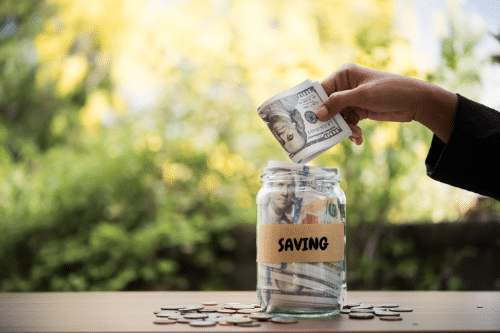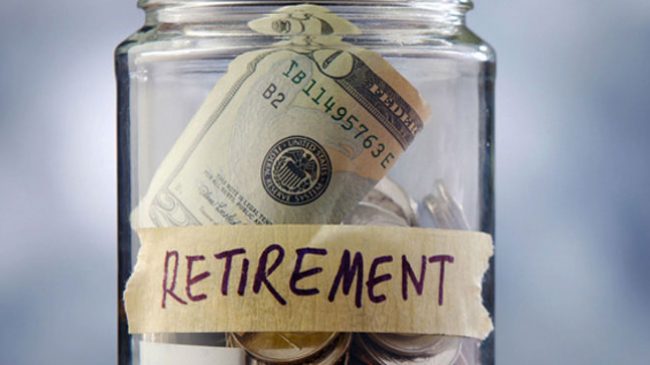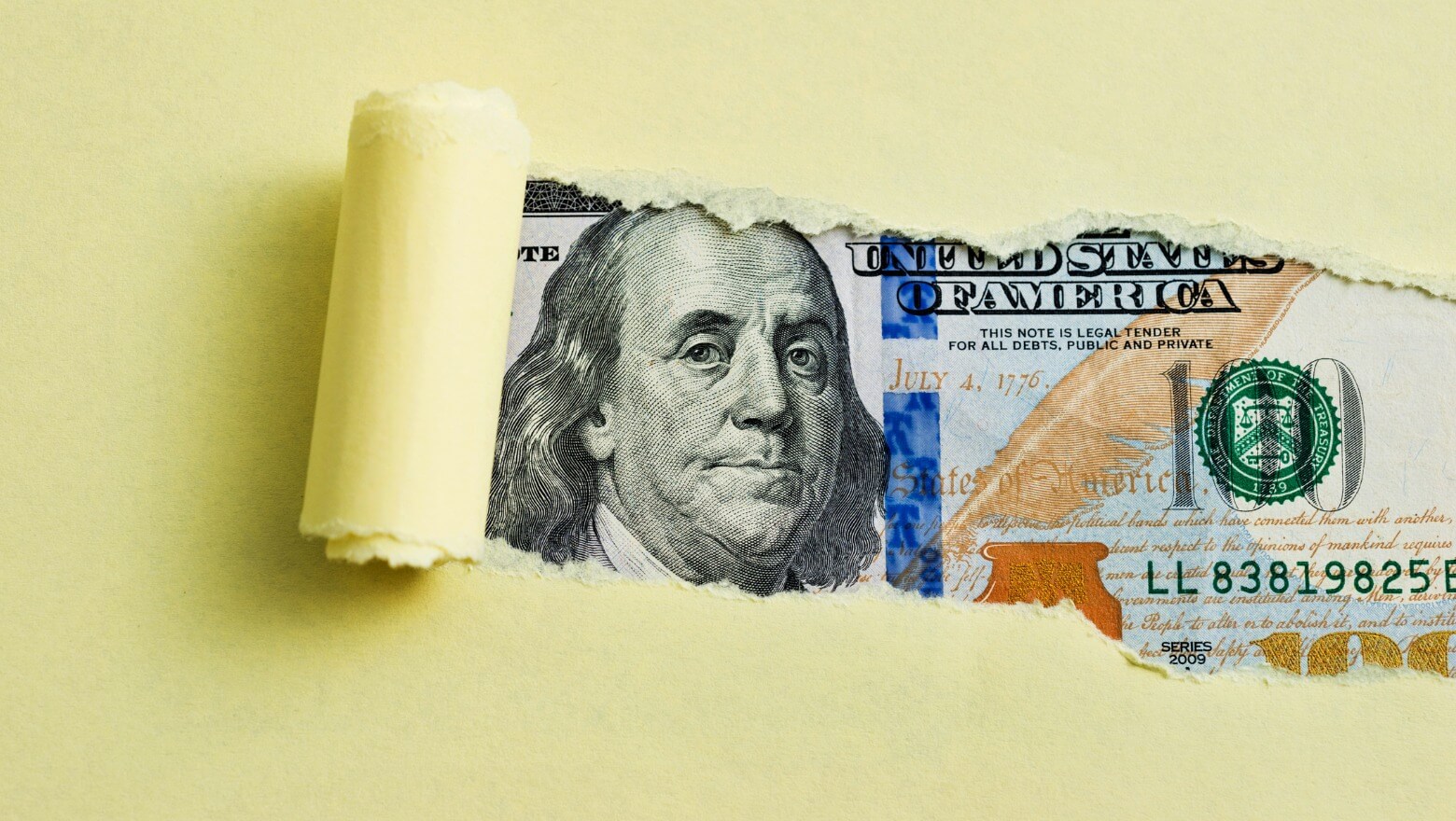A Debt of Gratitude: Telling the Truth About These 10 Money Myths
No matter how good someone’s credit score looks, money myths have fooled everyone. Have you ever met someone who believed keeping money stuffed in the mattress for a rainy day was a good idea? What about people who thought allowing the bank to touch their money would only cause problems?
Those money myths–and many others just like them–have been shared by people who mean well and want the best for your financial wellness. Unfortunately, they have the opposite effect, which makes paying for gas and groceries a painful experience.
Isn’t it funny that anyone who tells you that money is the root of all evil doesn’t have any?
Nothing stresses us out like money, which is where money myths originate. Whether the Great Depression was drowning Americans in debt or the inflation we have been experiencing in the wake of the Coronavirus pandemic, people come up with new ways to help everyone hold on to their money. Or, at least, they think they are doing that.
Napoleon Hill once said, “Money without brains is always dangerous.” So are those who mean well but struggle with debt themselves. These money myths may surprise you but read them closely, and they will educate you.

The more money I have, the happier I will be
No, money can’t buy happiness, but a few extra dollars can buy furniture or entertainment or put a smile on your face. That’s not what the king of all money myths means. Millionaires aren’t too much happier than the rest of us. Why? Because life comes at them in the same ways.
Have you ever seen a story on a broke former athlete? It’s sad because the world was in the palm of their hand. What’s important to note is that no one’s hands are that big. There is always something missing. The more joy you have, that’s the happier you will be.
Carrying high balances help build your credit much faster.
Whoever made that one up never kept their high credit. They lost the minute those balances broke a threshold called the “debt-to-income ratio.” The magic number is 30%. If you have a checking account with $1,000 in it and spend more than $300 on credit cards, the credit bureaus see that as excess.
Is it fair? That’s subjective, but that is their threshold, so do your best to keep that ratio below 30% of all credit usage. Again, that is for unsecured debt only.
Emergency savings don’t matter.

This statement couldn’t be more incorrect. Have you ever gone to start the car and it wouldn’t turn over or noticed a flat tire? What about that medical procedure that surprised you? The only time those unexpected but necessary expenses hurt is when you don’t have the money.
Ask around. That’s most of the time for most of the people you know. That money isn’t your retirement or school loan. If you lose a job or a vehicle, that’s called an emergency. You should set aside money for only that.
Credit scores are only essential to borrow money.
Is that so? Since COVID, have you noticed more employers ask for access to credit history? It hurts for people trying to rebuild their credit, but that could be a shocker for those who don’t care about FICO scores. What about security clearance, insurance premiums, or even the interest rate on a home? All those life situations require a look at your credit history.
I’m only working until I’m 65.
Sure, if you are prepared for that. Are you? Do you know that the magic number is different for all Americans? Retirement happens when you’re ready. What does your savings look like? Do you know how your 401K and social security will help in the future? Your number may be 70 or higher. It could be 62 or lower. Only you will know, but only if you do the research.
Having a large amount of debt is standard these days.

Yes, that is true, but here’s another question: Why must it be normal? Debt.org shares some startling numbers about what Americans owe:
- $986 billion on credit cards
- $11.9 trillion on mortgages
- $1.5 trillion on vehicle loans
- $1.6 trillion on student loans
Those numbers could make you lose hope, but start with your credit cards first. Get your ratio down below 30% and start paying those off. The rest are daunting, but it doesn’t have to be expected.
With enough money, I don’t need to budget or save.
How does your bedroom closet look? What about your desk at work? Do you have a server with electronic files? Are all those organized to a point where you can find what you need and when you need them? That’s budgeting–organization for your money. A financial planning system will help you know where you put your bills, long-term debt, entertainment, and even savings.
I earned this.
You work hard. Often, very hard. And long hours too. So, when there is that item I’ve been eyeing for a few years calling me, I have to do it. And why? “I earned it.” Yes, you did. If you are not prepared, you will also earn the financial migraine and overwhelming stress of debt that comes with switching it. Your age is a number that doesn’t matter. Your FICO score, on the other hand? Be careful and make a plan for when you should deserve things.
You should have no debt when you retire.

There is truth to that sentiment if the debt is classified as “bad,” like an excess of credit cards. However, if you are still paying off your low-interest mortgage you began paying 15 years ago, it is not a problem because it helps you build wealth.
So, should you have debt when you retire? That depends. Maybe it’s the thought of not having any debt. You may, but if it’s considered “good” debt, then good for you.
Debit is always better than credit.
You’re at the cashier, and before they can get that question out of their mouths, you snap, “Debit!” You already have money, so why wouldn’t that be the best way to pay for something? The balance with financial wellness is knowing when to use which card.
If you use your credit cards to pay specific bills (e.g., a card for groceries and gas, a card that bought the couch, a card for entertainment), then you are managing that balance. If you throw down a card for anything, you need more balance. “Better”? Not always, if you know what you’re doing.
